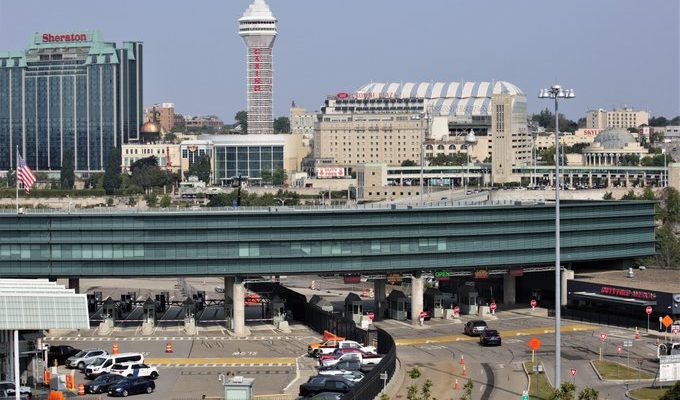CMEDIA: As of today, April 1, fully vaccinated travelers will not need a molecular COVID-19 test (such as a PCR test) or an antigen test to get into Canada by land, air, or water.
A fully vaccinated traveler reportedly means having received at least two doses of the accepted vaccine of COVID-19 or at least one dose of the Janssen/Johnson & Johnson vaccine and has had the second dose at least 14 days before entering Canada.
But anyone exhibiting symptoms, according to the new rule, will still not be allowed to cross into Canada.
Some travelers may be randomly selected for a COVID-19 test.
The vaccines accepted by Canada for travel are:
- AstraZeneca/COVISHIELD (ChAdOx1-S, Vaxzevria, AZD1222).
- Bharat Biotech (Covaxin, BBV152 A, B, C).
- Janssen/Johnson & Johnson.
- Moderna (Spikevax, mRNA-1273) including for children 6 to 11 years old.
- Novavax (NVX-COV2373, Nuvaxovid, Covovax).
- Pfizer-BioNTech (Comirnaty, tozinameran, BNT162b2) including for children 5 to 11.
- Sinopharm BIBP (BBIBP-CorV).
- Sinovac (CoronaVac, PiCoVacc).
Fully vaccinated travelers are required to complete a questionnaire on the ArriveCAN app or on the government’s website within 72 hours before entering Canada and must upload digital proof of vaccination in English or French.
Travelers are also reportedly warned by the government of third-party or false apps.
While unvaccinated or partially vaccinated Canadian travelers must still get tested, children under five years old do not need a pre-entry test.
But children aged 12 plus four months or older who are not fully vaccinated are prohibited to board a train, plane, or ferry in Canada.
COVID-19 indicators in some parts of Canada, like Ontario, are trending upward in recent weeks following loosened restrictions and possibly increased travel due to the March break period.
#Canada; #TravelToCanada; #ProofOfVaccination





